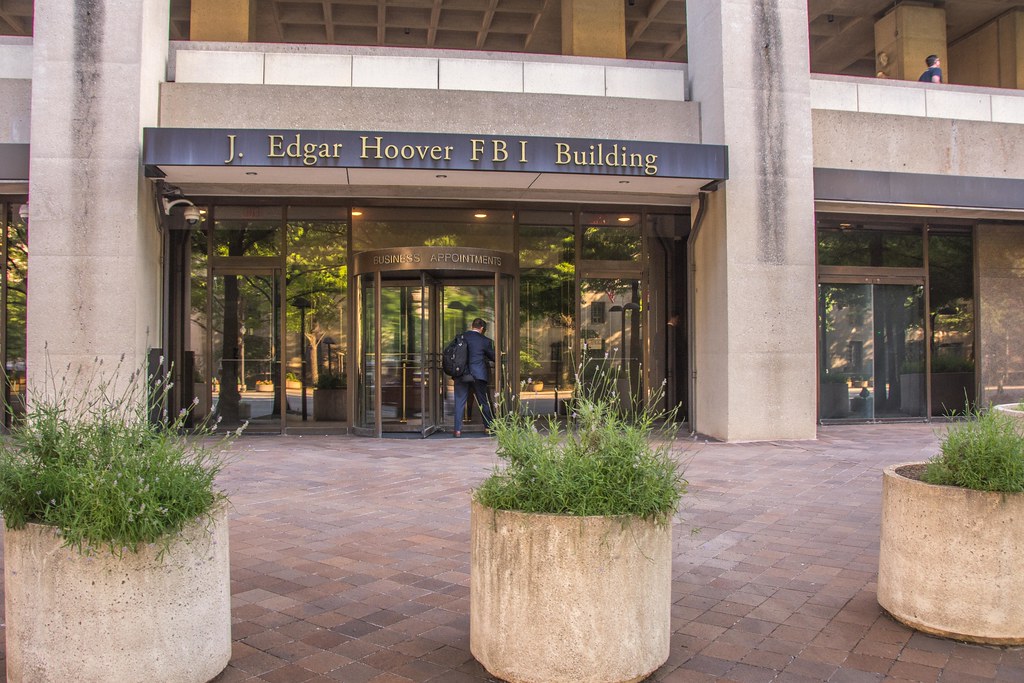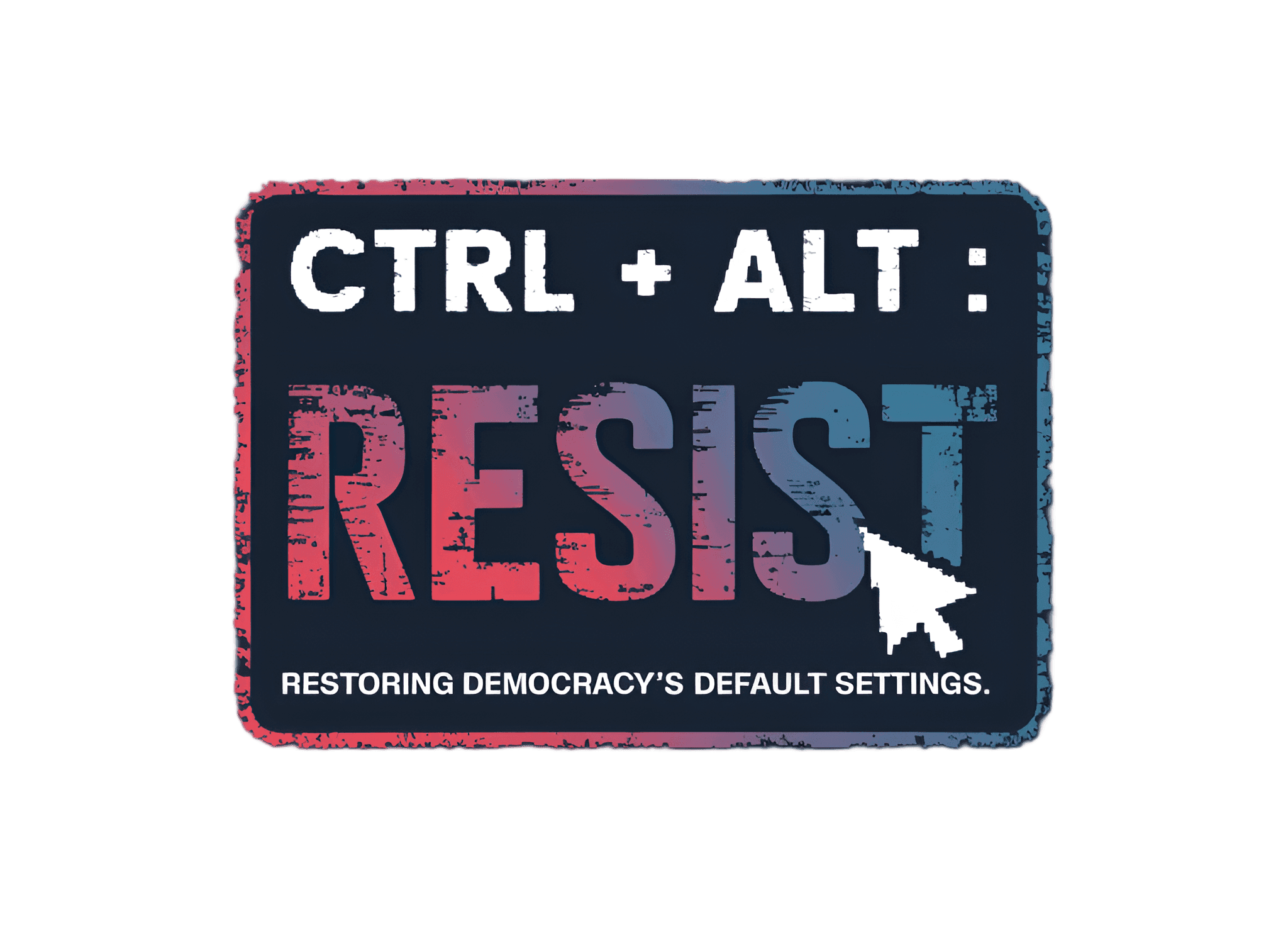
FBI Cuts Domestic Terror Units as Trump Allies Dismantle Jan. 6 Aftermath
FBI Pulls Back as Domestic Threats Grow
In a move that has shocked counterterrorism experts, the FBI has reassigned over a dozen staffers from its Domestic Terrorism Operations Section and discontinued the tagging system used to track extremist cases across field offices. Sources familiar with the bureau’s internal shift say the moves reflect a broader effort to downplay right-wing violence under Trump-appointed leadership.
Right-Wing Violence Once Central to FBI Priorities
The FBI’s previous focus on domestic extremism was catalyzed by events like the 2017 Charlottesville rally, where a white nationalist murdered a counter protester, and the 2021 Capitol insurrection. A 2023 FBI report noted 2,700 open domestic terrorism cases—roughly half tied to the Capitol riot—with white supremacists cited as the most persistent threat.
Enter Kash Patel: Political Operative Turned Bureau Chief
FBI Director Kash Patel, a Trump loyalist and former intelligence aide, has long criticized the bureau’s scrutiny of right-wing groups. Since taking office, Patel has vowed to “streamline” FBI operations—language critics interpret as code for politicized restructuring. His tenure follows Republican attacks on the FBI for allegedly “targeting conservatives,” including hearings that featured ex-agents claiming political bias in terrorism case tags
From White Supremacists to Tesla Protesters
Trump’s Justice Department has also ordered Joint Terrorism Task Forces (JTTFs) to assist in targeting anti-Tesla sabotage—after protesters torched charging stations amid backlash against Elon Musk’s government-slashing agenda. Labeling these attacks as “domestic terrorism” starkly contrasts with the administration’s release of over 1,600 Jan. 6 defendants, including Proud Boys and Oath Keepers leaders.
Experts Warn: Disarming the Data Pipeline
Removing domestic terrorism tags not only weakens visibility into ongoing threats but also eliminates trend analysis vital to preemptive action. “There’s a broader desire within the administration to ignore data at best, and at worst, redirect resources away from fighting extremism,” said Jacob Ware of the Council on Foreign Relations.
Policing by Political Affiliation
The FBI’s reorientation raises fears of a dual-track justice system: one that downplays violence aligned with the ruling party while weaponizing law enforcement against political dissent. The reassignment of agents, removal of tracking tools, and review of Jan. 6 prosecutions signal a chilling shift—where public safety may now depend more on ideology than law.
Conclusion: A Nation at Risk by Design
As white supremacist threats persist and militia violence simmers beneath the surface, the FBI’s retreat from proactive counterterrorism signals more than a bureaucratic shift—it’s a political statement. With key infrastructure gutted and oversight redirected, America’s defense against homegrown extremism may now be held hostage to partisan interest. The consequences may not be felt immediately, but the cracks are already forming in the firewall.
What are your thoughts on this issue? Join the conversation below.



